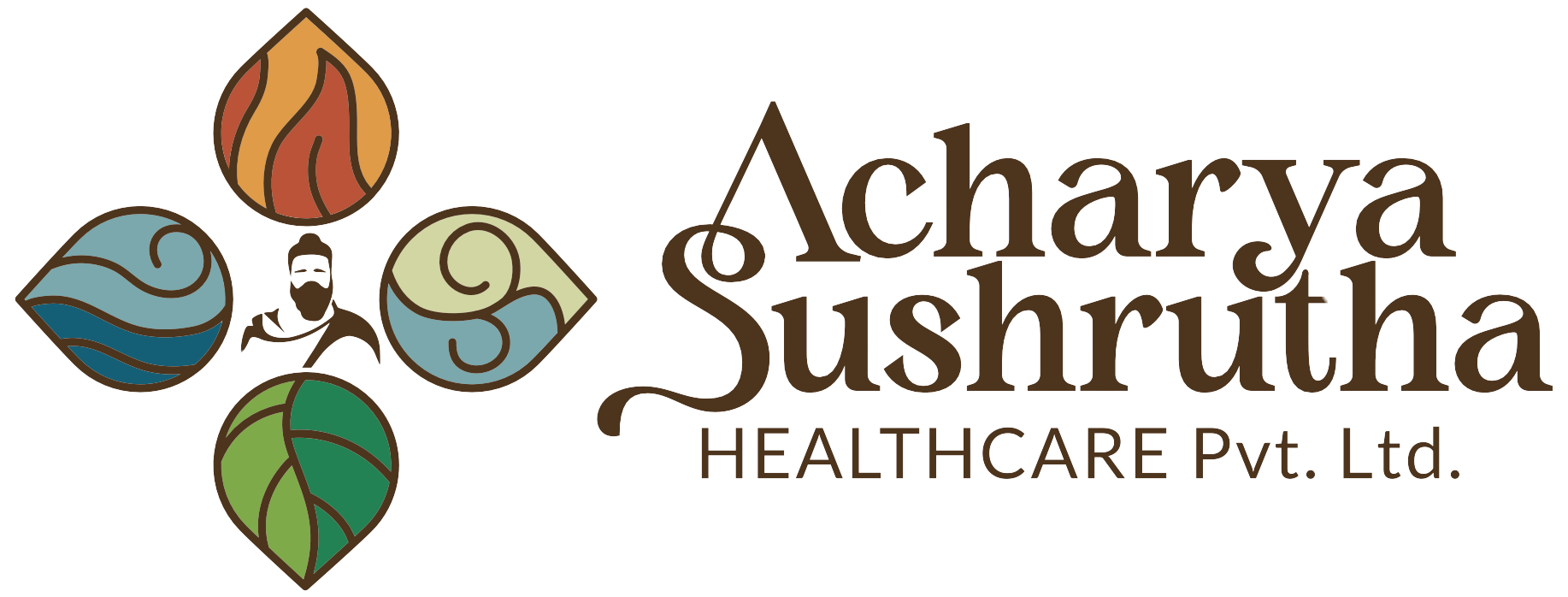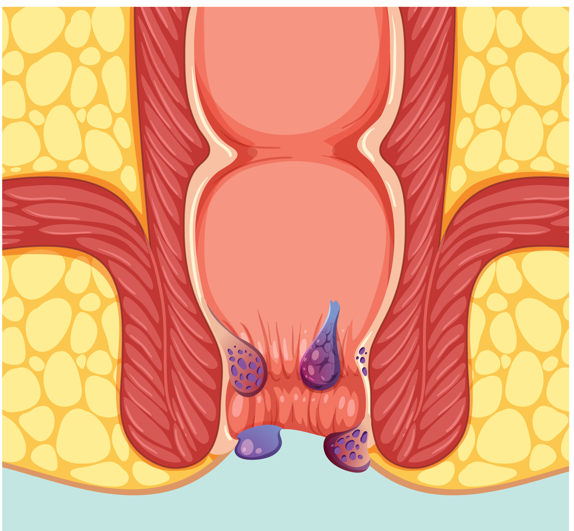
Hemorrhoids – commonly known as piles – are swollen blood vessels (veins) which develop inside and/or outside the anus. They are felt as lumps around and inside the anus . The lumps are formed by increased pressure on blood vessels in the area, causing them to enlarge and swell. If they become infected, they can cause bleeding, pain and discomfort and require medical attention.
Person suffering from piles usually will not have pain or burning sensation in the anus. Some soft mass or tissue comes out of the anus. It may go inside after the defecation. Sometimes have to push inside the anus after defecation. In chronic cases it lies or hangs outside the anus, which will not go inside at all. Another complaint in piles is bleeding. Hemorrhoids are painless (it may be painful if blood clotted inside the piles or if it is associated with other diseases like fissure-in-ano etc.)
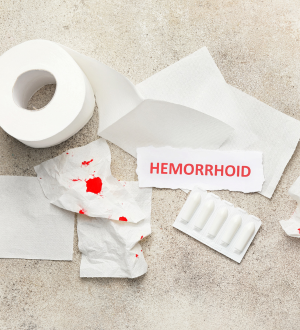
The most frequent complaint in true Hemorrhoid is Painless bleeding, which usually appears early in the course of the disease See your doctor if you have blood in your stool. Hemorrhoids could be the problem, but bloody stool could also be a symptom of something far more serious, like colon cancer.
In most cases, diagnosis is easily made by a thorough history taking and on physical examination by your doctor. In advanced cases some tests may be required like Anoscopy (Proctoscopy), Sigmoidoscopy and Colonoscopy.

The exact cause of piles is not known. One theory is that it is due to weakness of the tissues that connects the anal cushions to the muscle layers underneath. Due to this weakness, the anal cushions slide out of their normal place and down the back passage.
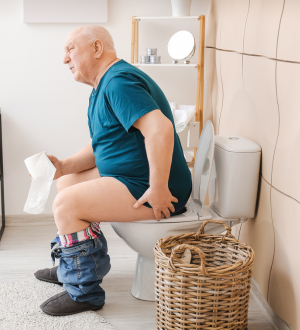
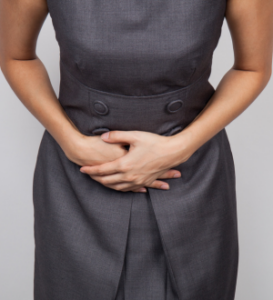
This cannot be cured only by oral medications in some stages. However, immediate intervention also not required in all the cases of the piles, if it is not bleeding.
Sushruta, father of surgery wrote a book on surgical procedures in 500 B.C. in his treaties he mentioned about a disease and line of management. He broadly categorized to bheshaja (medicine), kshara Alkali application),agni (cauterization), shastra (surgical excision).This is a contribution by him in the management of piles to the Indian system of medicine.One among these treatment modalities is kshara karma. Ayurveda surgeons practice this procedure in hospital set-up. Dr.RaviShankarPervaje, practicing Ayurveda surgeon, very well standardized this. Therefore this procedure properly known as ‘Pervaje technique’ of ksharakarma.
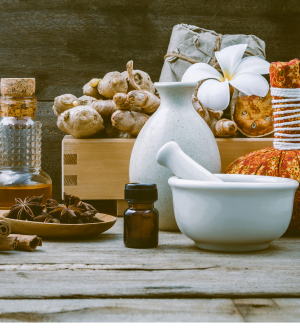
Yogasana like: –
Far far away, behind the word mountains, far from the countries Vokalia and Consonantia, there live the blind texts. Separated they live in Bookmarksgrove right at the coast of the Semantics, a large language ocean. A small river named Duden flows by their place and supplies it with the necessary regelialia.

Far far away, behind the word mountains, far from the countries Vokalia and Consonantia, there live the blind texts. Separated they live in Bookmarksgrove right at the coast of the Semantics, a large language ocean. A small river named Duden flows by their place and supplies it with the necessary regelialia.

Far far away, behind the word mountains, far from the countries Vokalia and Consonantia, there live the blind texts. Separated they live in Bookmarksgrove right at the coast of the Semantics, a large language ocean. A small river named Duden flows by their place and supplies it with the necessary regelialia.


